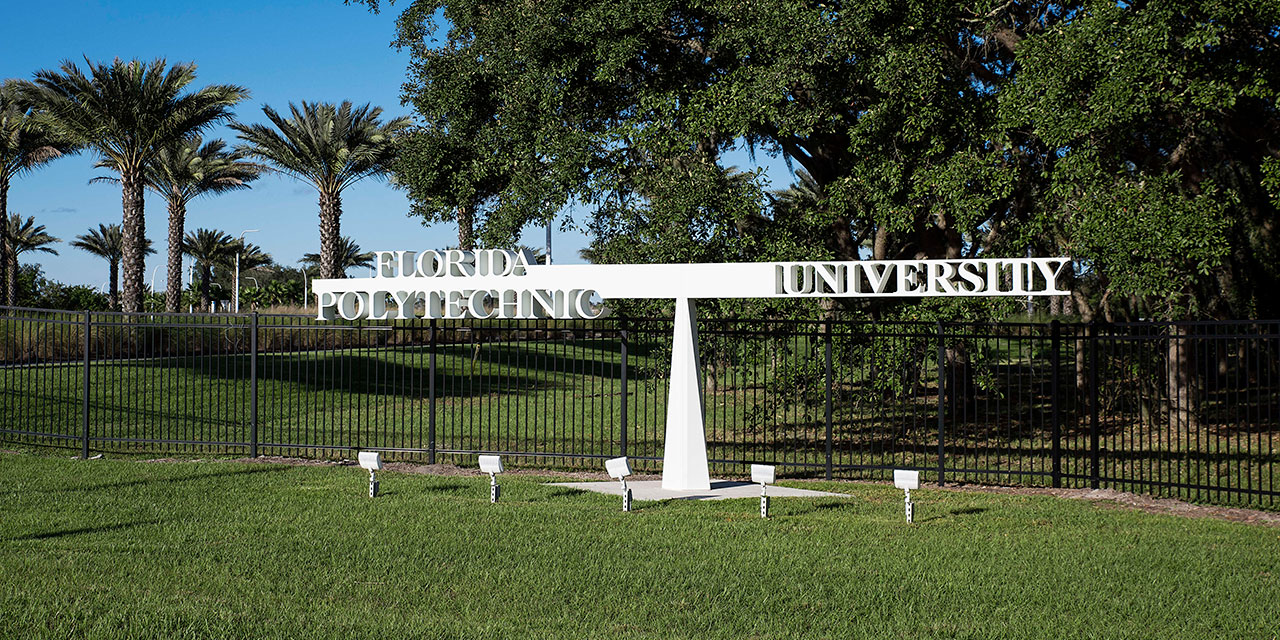
American higher education is in crisis. Pathologies that had been growing for decades and were catalyzed by Covid mania burst into the open after Hamas’s attack on Israel. As financier-activist and Harvard alumnus Bill Ackman wrote following Claudine Gay’s resignation, anti-Semitism tends to erupt where political cultures decay. At many “elite” universities, that decay has taken the form of ideological indoctrination, academic corruption, racial discrimination, and contempt for broader society. These institutions have compromised their basic pedagogical and research missions, along with core values like free speech, due process, and equality under law.
Yet while legacy universities dominate headlines, a transformation is taking place elsewhere, and it deserves more attention. Students are voting with their feet, abandoning the “colds and scolds” of the Northeast for more favorable climates—both intellectual and meteorological.
Finally, a reason to check your email.
Sign up for our free newsletter today.
This shift has extended to both public and private schools. Today, it’s harder to get into the University of Florida as an out-of-state applicant than it was to get into most Ivy League schools 30 years ago, and institutions like Vanderbilt and Rice show that private universities need not be out of touch.
Combined with threatened funding cuts to woke universities, this trend could signal a north-to-south brain drain. As the Independent Women’s Forum’s Neeraja Deshpande has noted, “science programs in red states could begin to catch up in their recruitment of elite faculty—especially if the federal funding once funneled to Harvard or Columbia gets redirected to state universities like those in Tennessee or Florida.” Lower living costs and lighter regulatory burdens in the Sun Belt—particularly for businesses and tech firms hiring graduates—could further accelerate the migration.
Florida Polytechnic University, where I’ve served as a trustee since fall 2023, offers an instructive case study in this national shift. The school isn’t burdened by legacy privilege or bureaucratic inertia and has never had a DEI office. It was built from the ground up to serve a tech-driven economy and a merit-based society. In just over a decade since its founding, it has emerged as a model for what STEM education should be: rigorous, relevant, and accessible.
Don’t take my word for it; follow the outcomes. Florida Poly alumni earn the highest salaries one year after graduation and carry the least amount of debt of all Florida university graduates. That’s no coincidence—it’s the result of the institution’s singular focus on equipping students with real, in-demand skills, especially in fields like engineering, data science, and cybersecurity.
WalletHub recently ranked Florida Poly eighth nationally for best career outcomes—and Number One among all public institutions. That’s an extraordinary achievement for a young university competing against schools with billion-dollar endowments. And unlike traditionally elite universities that often saddle graduates with decades of debt, more than 60 percent of Florida Poly freshmen never take out student loans. Among those who do, the average debt is just $14,250—less than half the national average.
That’s a story not just of affordability, but of value. Florida Poly was named the top public college in the Southeast and the second best-value public college by U.S. News & World Report in its 2024–25 rankings. WalletHub also ranked the school second in the state for cost and financing.
This success isn’t occurring in a vacuum. Florida’s State University System was just ranked the nation’s best by U.S. News—for the ninth consecutive year. That top spot reflects the state’s sustained commitment to accountability, student outcomes, and workforce alignment.
These metrics matter. They signal a paradigm shift in higher education—one that values results over appearances, affordability over tradition, and innovation over ideology.
Elite private universities still have a role to play, but they’re no longer the unquestioned standard-bearers. As some become mired in controversies over academic freedom, institutional bias, and leadership failures, a new kind of university is rising: nimble, focused, and aligned with the nation’s economic future.
This period of flux offers a chance to reset the national conversation about the purpose and promise of higher education. Prestige is no longer a proxy for quality. Taxpayers, parents, students, and employers are asking tougher questions about debt-financed degrees in low-return fields.
At a time when American higher education is struggling to justify its cost and relevance, that’s not just refreshing; it’s essential. Florida’s universities are tackling these questions, and if the data are to be believed, the nation likes their answers.
Photo by John Greim/LightRocket via Getty Images
City Journal is a publication of the Manhattan Institute for Policy Research (MI), a leading free-market think tank. Are you interested in supporting the magazine? As a 501(c)(3) nonprofit, donations in support of MI and City Journal are fully tax-deductible as provided by law (EIN #13-2912529).
Source link

















